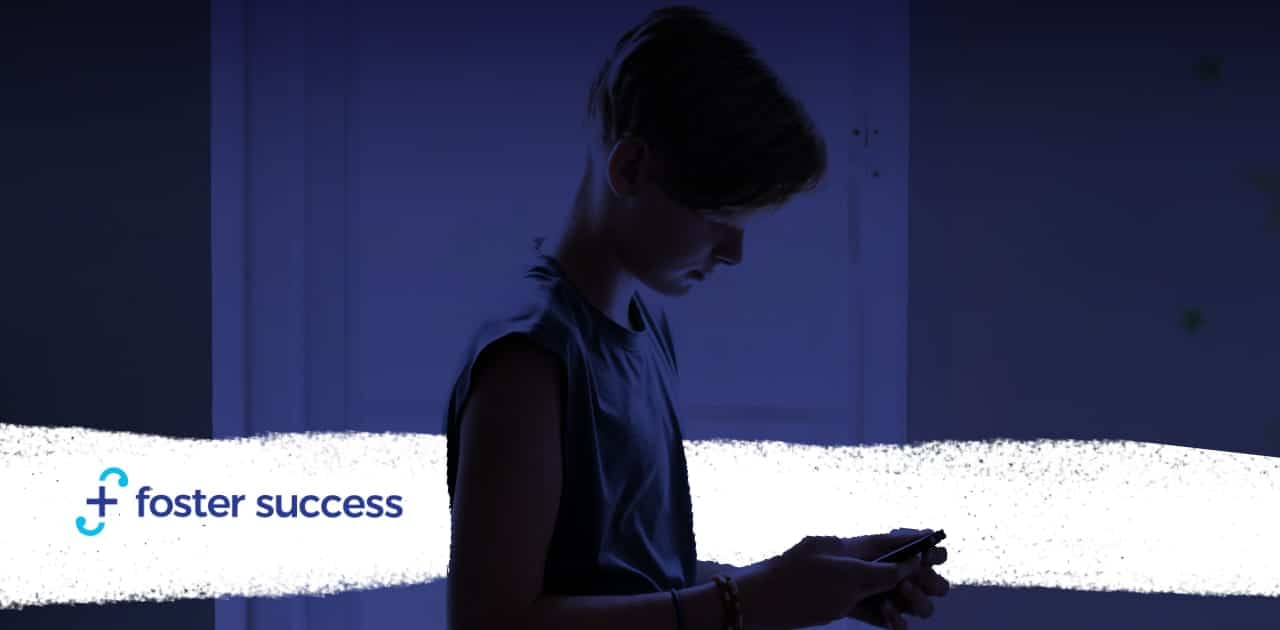The loss of household income through unemployment or a reduction in hours is not unique to any one population right now; however, at Foster Success, the COVID-19 pandemic has once again highlighted the impact of family privilege. Family privilege encompasses many things – but right now the most apparent one is the safety net that young adults often have to fall back on for basic needs including housing and food, financial support, and mental and emotional support. Each of these things are needed for anyone finding themselves out of work and/or navigating online learning for the first time. This safety net – which comes from family privilege – does not exist for many who have aged out of the foster care system.
The Indiana Department of Child Services is taking significant steps to ensure the safety and security of the youth in their care – including the older foster youth with whom we work; however, many of the young adults we work with have aged out of even extended foster care services in the state and are struggling to meet their basic needs.
“I am a full time dog groomer. The salon I work for has been closed since March 18th and will be closed until May 4th. I’m trying to find part time work but it’s hard. I’m worried about how I’m going to pay my rent. I used the last of my savings to pay my rent this month but I have no idea how I will afford my rent next month.”
“With the shutdown I (didn’t) receive the amount of hours as before so I’m falling behind on my bills.”
One week ago, Foster Success, with support from our partners at The Zotec Foundation, launched an emergency fund for youth who have been negatively impacted by COVID-19. In the first week, we have had more than 150 individuals apply for support with basic needs including food, diapers, and assistance with utilities and / or rent. Our team is actively working to connect youth with financial resources from our emergency fund as well as connect them to longer term solutions through their local Energy Assistance Program, housing assistance programs, and Indiana Work One offices.
This is where we need your help.
In the first week:
- 35% of the applicants to our Emergency Fund are requesting assistance to meet the basic needs of their babies (i.e. formula and diapers).
- 60% of the applications report having already fallen behind – or fearing that they soon will fall behind – on bills.
- 25% of the applications are in part of our Education and Training Voucher (ETV) program – meaning that in addition to navigating online learning for the first time, they’re either one of just a handful of students left on campus or they are navigating a new home.
Your contribution will allow us to support more youth in maintaining housing, accessing basic needs, and even providing for their own children. A contribution of $40 can make the difference for someone this week. If you or your business are in a place to consider providing more – know that it will go to support resources and programming for the 22,000 Hoosiers between 14-26 who experienced foster care as a teen.

